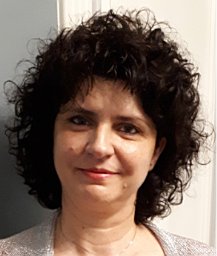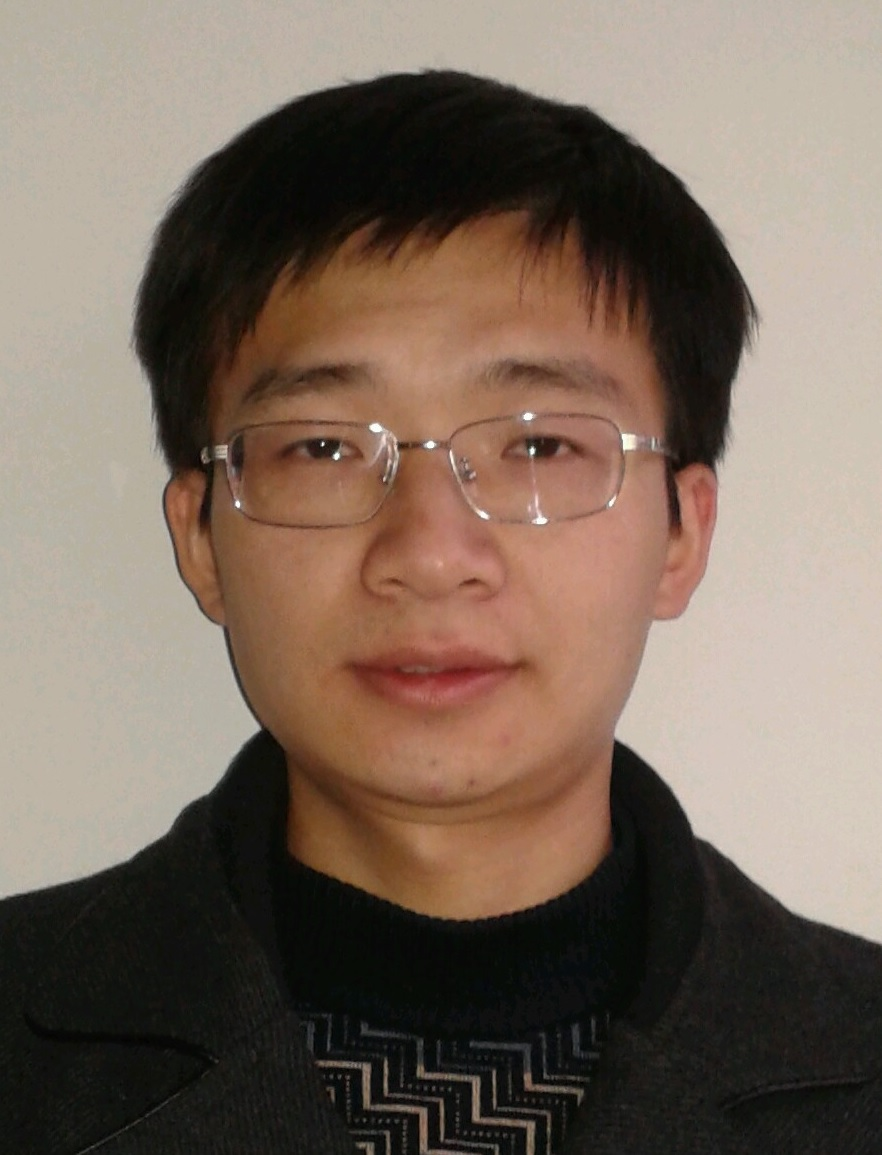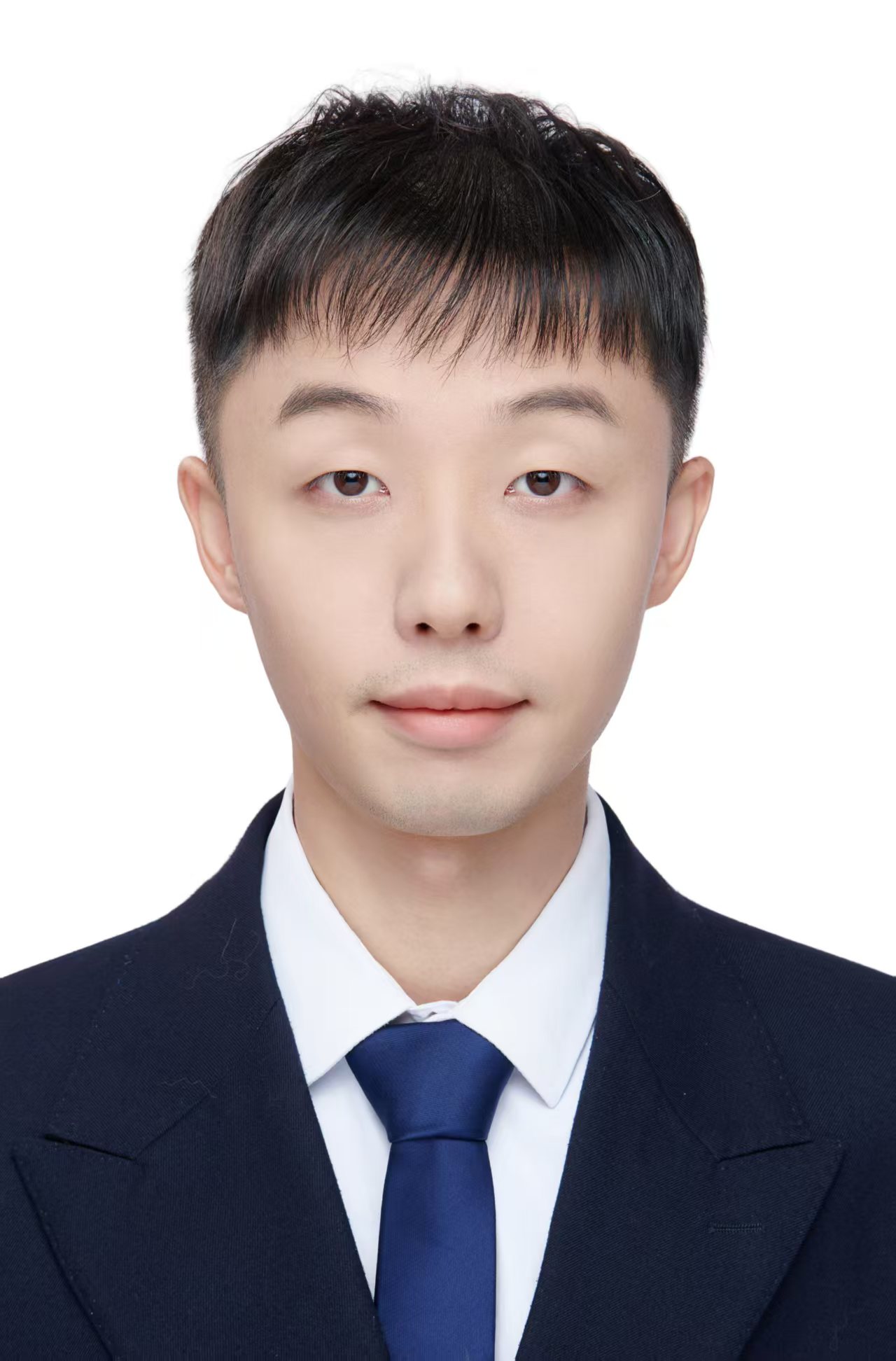Invited Speakers
Assoc. Prof. Diana Enescu
Valahia University of Targoviste, Romania;Istituto Nazionale di Ricerca Metrologica, Italy
Speech Title: Heat Transfer Mechanisms in Wearable Thermoelectric Devices
Abstract: Wearable thermoelectric generators (w-TEGs) rely on heat transfer between the human body and the surrounding environment to produce electrical power. Their performance depends strongly on how heat flows through the contact area between the skin and w-TEGs, through the thermoelectric legs, and toward the surrounding environment. This presentation provides an overview of the heat transfer processes that influence the operation of w-TEGs, including conduction within the device layers, convection at the external surfaces, and radiation exchange with the environment. The discussion highlights how these mechanisms affect the temperature differences available during real use and, consequently, the electrical output. The aim is to provide a clear perspective on the heat transfer processes that affect w-TEG performance and to outline approaches to improve their performance across different applications.
Assoc. Prof. Tao Wang
Zhejiang University, ChinaSpeech Title: Research on Learning-Based Path Planning for Unmanned Sailboats using Wind Field Reconstruction
Abstract: Due to their endurance enabled by wind energy utilization, unmanned sailboats are increasingly employed for marine monitoring and data collection. To tackle uncertainties in path planning and varying wind conditions during navigation, this study proposes a path planning algorithm based on dynamic wind field reconstruction and reinforcement learning. The method uses an onboard meteorological station to sample local wind data in real time and integrates a dynamic wind model reconstructed from the Navier–Stokes equations to estimate the global wind field, thereby enabling real-time path optimization for sailboats in dynamic environments. At the path planning level, an improved Q-learning framework is adopted, in which a state space incorporating both vessel position and real-time wind information is constructed. A reward function that comprehensively considers wind propulsion benefits and obstacle avoidance is designed, closing the loop between environmental perception and decision-making control. Simulations and experiments show that the proposed algorithm improves the efficiency of path planning, effectively reduces sailing time, and enhances the autonomous navigation and environmental adaptability of sailboats in complex marine environments.
Assoc. Prof. Zeai Huang
School of New Energy and Materials, Southwest Petroleum University, ChinaSpeech Title: Durable and Efficient Concetrated-solar Catalytic Methane Dry Reforming over Ni-based Catalysts
Abstract: Dry reforming of methane (DRM) is a promising technology for converting greenhouse gases (CH4 and CO2) into syngas, but it is typically hindered by high energy barriers and rapid catalyst deactivation due to severe coking. This work presents a comprehensive study on designing advanced Ni-based catalysts to overcome these challenges through active site engineering and photothermal catalysis. First, we reveal the non-thermal effects of light on Ni/Ga2O3, where light irradiation reverses the electron transfer direction and generates hot electrons, effectively tuning the H2/CO ratio near unity by suppressing the reverse water-gas shift reaction. Second, moving to single-atom catalysis on NiSA/CeO2, we demonstrate that light irradiation reinforces the formation of the key anti-coking intermediate (CH3O*), achieving exceptional stability for over 230 hours at a low temperature of 472 °C. Third, we explore heteroatom doping strategies to stabilize active sites. Praseodymium-modified CeO2 (Ni/Pr-CeO2) is found to facilitate direct carbonate cleavage under light, significantly boosting CO yield, while Molybdenum-stabilized Nickel-oxo sites (NiMo/MgO) enable a "hydroxyl-mediated" pathway involving CH2OH intermediates, further lowering the activation temperature to 465 °C. Finally, we scale up these concepts to a concentrated-solar catalytic system using Ni-O4 coordinated sites on CeO2(100), achieving ultrahigh conversion (>93%) and light-to-chemical energy conversion efficiency (25.9%) with over 800 hours of durability. These findings collectively provide critical mechanistic insights into C-H/C-O bond activation and offer a multidimensional roadmap for developing sustainable, solar-driven C1 chemistry technologies.
More Speakers will be updated…



